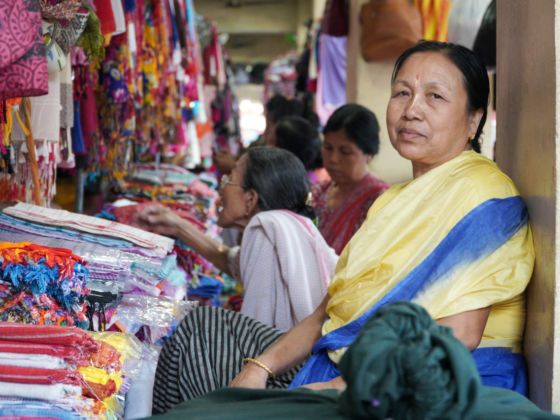BAREFOOT COLLEGE
In the unsuccessful efforts at Indian development, marginalized villages are left highly dependent upon outside forces for aid. Barefoot College, a participatory organization with a campus in Rajasthan, is dedicated to addressing poverty in India in such a way that the rural poor take ownership over their own success by leveraging the skills and knowledge already present in the community. Their programs place great emphasis on the decentralization and demystification of the use of technology, while training the often-illiterate men and women in specialty professions, giving them independence as they plan, implement and maintain all of Barefoot College’s initiatives themselves.
